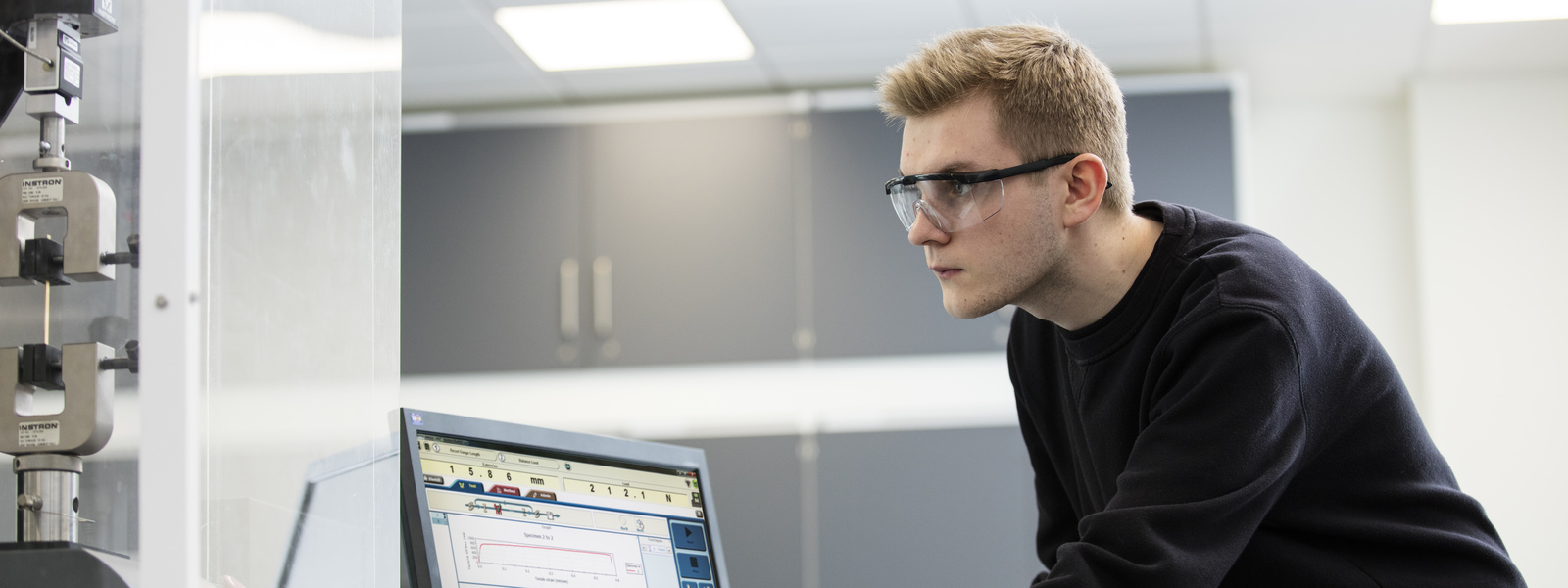EPSRC Doctoral Training Partnership (DTP) Studentships


EPSRC Doctoral Training Partnership (DTP) Studentships
The University of Lincoln has received funding from the Engineering and Physical Sciences Research Council (EPSRC) to establish a Doctoral Training Partnership (DTP), which will provide skills and training to foster the next generation of world-class research leaders in areas of strategic importance to both EPSRC and the University of Lincoln.
Our training programme prioritises the following three thematic areas of robotics and artificial intelligence: smart energy, medical diagnosis and healthcare support systems, and bio-physics inspired robotics, in which the University has strong research groups. These research groups will provide DTP students with a rich research environment and a broad range of experienced and new researchers.
Each studentship will be associated with a specific project that will be designed to advance fundamental research in computer science or engineering within one of the thematic areas. Interdisciplinary links with other subject areas will also be expected.
Studentship applications are now open for entry into the DTP programme, starting in October 2021.
Please make sure to check the eligibility criteria before you apply. Normally, a student must have no restrictions on how long they can stay in the UK and have been ordinarily resident in the UK for at least 3 years prior to the start of the studentship. UK students will be eligible for a full studentship, covering the costs of Home fees, a stipend to support living costs for 3.5 years, and a generous research training support grant enabling international travel and participation in the leading conferences and symposia.
Although most DTP students must be UK residents, we also have an opportunity for an international (EU and non-EU) student. The international studentship award will be subject to eligibility, and also the availability of complementary funding (to provide the differential to the international fee rate). You should get in touch with the lead supervisor before applying this award.
Closing date: Sunday 13 June 2021
Smart Energy
Nanostructural design of MnO2 cathodes for rechargeable aqueous Zn-ion batteries
Academic contact: Dr Guanjie He (ghe@lincoln.ac.uk), Senior Lecturer, School of Chemistry
This project aims at enhancing the collaboration between MSS Ltd and University of Lincoln, and to work on the mass production of cathode materials for Zn-ion batteries
The UK government has announced a Ten Point Plan for a Green Industrial Revolution in 2020, emphasising the national importance for clean energy research. Offshore wind aims to produce 40 GW electricity by 2030, therefore, the energy storage technologies are essential to accelerating the shift to zero emission vehicles. Zn-ion batteries in aqueous electrolyte are one of the promising candidates for next-generation clean energy suppliers due to their cost-effective and safe properties, but the performance of cathode materials limited their large-scale application.
This project aims to develop low-cost and high-performance MnO2 cathode materials through nano-structural engineering. The mechanism will be studied via the advanced materials characterisation techniques, the battery evaluation in coin cells will be carried out. The mass production of the materials and grid scale battery application will be investigated. This studentship aims at building up long-term collaboration among our industrial partners (MSS Ltd., One electrical Ltd.) and the University of Lincoln. The regular travel (3 to 6 months) between Manchester and Lincoln is expected to enhance the links between the University and the companies.
Students can learn:
- Materials synthesis, mass production and characterisation methods
- Electrochemical analysis
- Fabrication of batteries
- Market analysis
- Collaborative skills among academic fields and industries.
The ideal candidate should have, at a minimum, a 2.1 degree in chemistry, materials science, chemical engineering, or a related discipline. They must demonstrate skills and experience (or an aptitude for mastering) of the synthetic chemistry, electrochemistry - especially batteries. They should be academically curious and think deeply and creatively. They should communicate well in both written and spoken English. They should enjoy working with others from diverse backgrounds and take responsibility for the progress and quality of projects
Supervisory Team:
Dr Guanjie He, University of Lincoln
Prof Waqar Ahmed, University of Lincoln